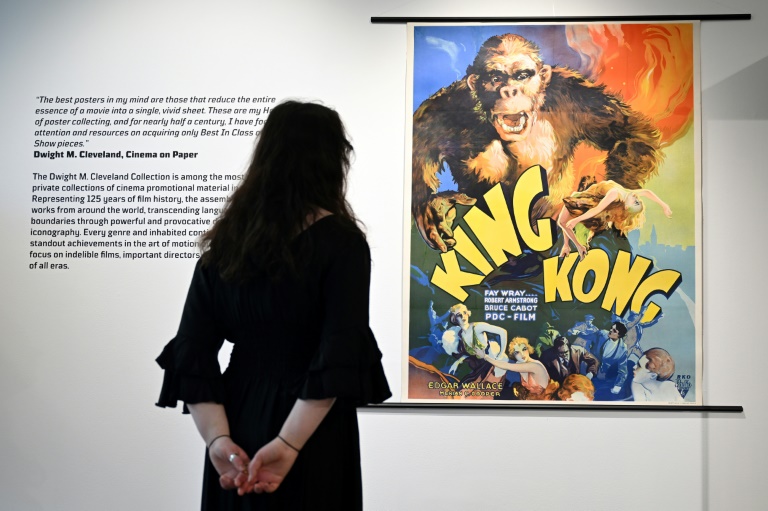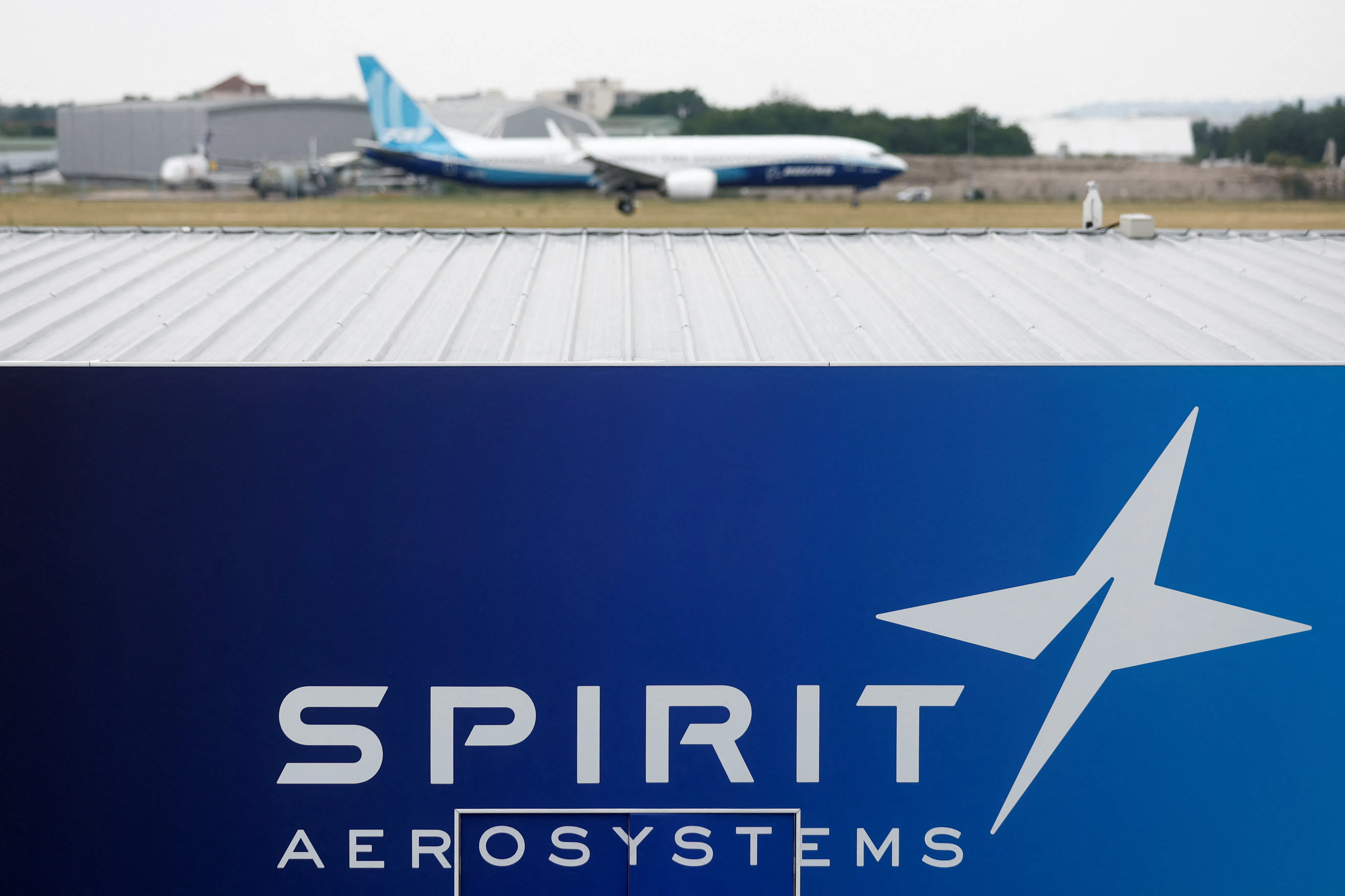Customer service is a fundamental pillar for business success, serving as the vital bridge between a company and its customers. It addresses inquiries, resolves problems, and significantly influences customer satisfaction and loyalty. Traditionally, customer service representatives have been the first point of contact, embodying the company’s values and ethos.
Yet, the advent of artificial intelligence (AI) is reshaping this landscape. AI-powered solutions like chatbots herald a new era of customer interaction, offering 24/7 support and seamless communication.
Vijay Kumar Tupakula, a senior software engineer and co-founder of Cate AI, leads this transformation. By integrating AI into customer service for the restaurant industry, Tupakula elevates service standards and efficiency, fundamentally changing how businesses engage with customers.
His professional journey is marked by significant achievements, particularly at the eCommerce powerhouse Wayfair, where his contributions as a Senior Software Engineer to a Manager have showcased his growth and leadership capabilities and directly led to generating millions in revenue.
Beyond his corporate achievements, Tupakula has also dived into innovation and entrepreneurship, founding tech startups such as Bootstrap Guru, Larapos, and Blogic, which showcased his ability to identify and capitalize on emerging technological trends. His expertise and contributions to the field have been recognized with a Global Recognition Award, and his role as a judge for the 2023 Globee Business Awards under Information Technology.
Moreover, the tech expert also leverages social media platforms like TikTok to share his insights on smart home technologies, effectively democratizing knowledge on home automation among a broad audience.
With a vision to build a smarter future, Tupakula explores the potential transformations AI-driven assistance promises for the sector, provoking thought on whether this technology-led approach represents the future of customer interactions.
How Does Traditional Customer Service Work?
The evolution of customer service from its inception to today is a tale of technological advancement and shifting consumer expectations. Tupakula explains that historically, customer service relied heavily on face-to-face interactions and telephone communications, limiting the speed and accessibility of support. With digitalization, businesses began to leverage email, live chat, and social media platforms, which enhanced the immediacy and convenience of customer assistance.
However, Tupakula notes that this model still often fails to provide customer satisfaction and efficiency. This is often driven by negative experiences that customers experience with agents’ unprofessional behavior, who may appear rude or impatient, the burden of navigating repetitive tasks of reiterating problems and solutions, and long wait times.
These significantly detract from customer satisfaction and loyalty, underscoring a pressing need for innovation in customer service approaches. Tupakula explains that the advent of AI and machine learning aims to solve these issues, offering smarter, personalized, and more efficient service around the clock. This progression from traditional to AI-driven methods is a welcome leap toward more dynamic, responsive, and customer-focused service models.
Welcoming an Era of New Customer Service
Tupakula points out that the core strength of AI-powered customer service is its ability to automate responses and offer 24/7 assistance, resulting in enhanced customer satisfaction and faster turnaround times.
Tupakula also mentions that by taking over routine and basic inquiries, such as resetting passwords, shipping options, opening hours, requirements needed, or payment amounts, AI enables staff to focus on more complex tasks, enhancing job productivity and getting more actual work done.
“This automation relieves employees from the monotony of repetitive inquiries, thereby boosting their morale and efficiency,” says Tupakula.
Tupakula also notes this shift not only elevates employee satisfaction but also gives businesses an opportunity for service improvement. As AI can analyze vast amounts of data, these insights can be used for marketing activities, new product launches, or targeted strategies for specific markets. This turns customer service into a new strategy tool that will further elevate the business’ edge in the market.
Materializing this advantage, Tupakula developed Cate AI as a virtual phone assistant tailored for the complex and demanding restaurant sector. It automates order-taking with advanced voice recognition and natural language processing capabilities. By directly accepting orders and processing payments, it integrates seamlessly with existing point-of-sale systems, ensuring a smooth experience for staff and customers.
Tupakula also engineered Cate AI to listen intently and answer FAQs, which solves the central problem of inefficient, traditional customer service. With this, restaurant staff can redirect their efforts to more pressing needs like fulfilling orders and organizing resources instead of answering the same questions and getting stuck on client inquiries.
“This prevents waiting time between restaurants and clients, which is a win-win solution for both,” the co-founder adds.
For Tupakula, the restaurant business is just one industry where AI customer assistance can be a game-changer. With other sectors, such as medical centers, banks, or schools, also now leveraging these tools, the possibilities are endless.
The Future is Bright for AI Customer Service But…
While AI enhances customer service with speed and efficiency, Tupakula acknowledges how it can’t fully replicate the trust and empathy inherent in human interactions. Customers seek understanding and reassurance that only human empathy can provide, a gap AI has yet to bridge.
However, Tupakula believes that blending AI’s capabilities with human insight offers a promising path forward. This collaboration can elevate service levels by leveraging AI for routine tasks while reserving the human touch for complex, empathy-driven interactions. Such is the future of customer service Tupakula envisions—a balance of efficiency and personal connection.







